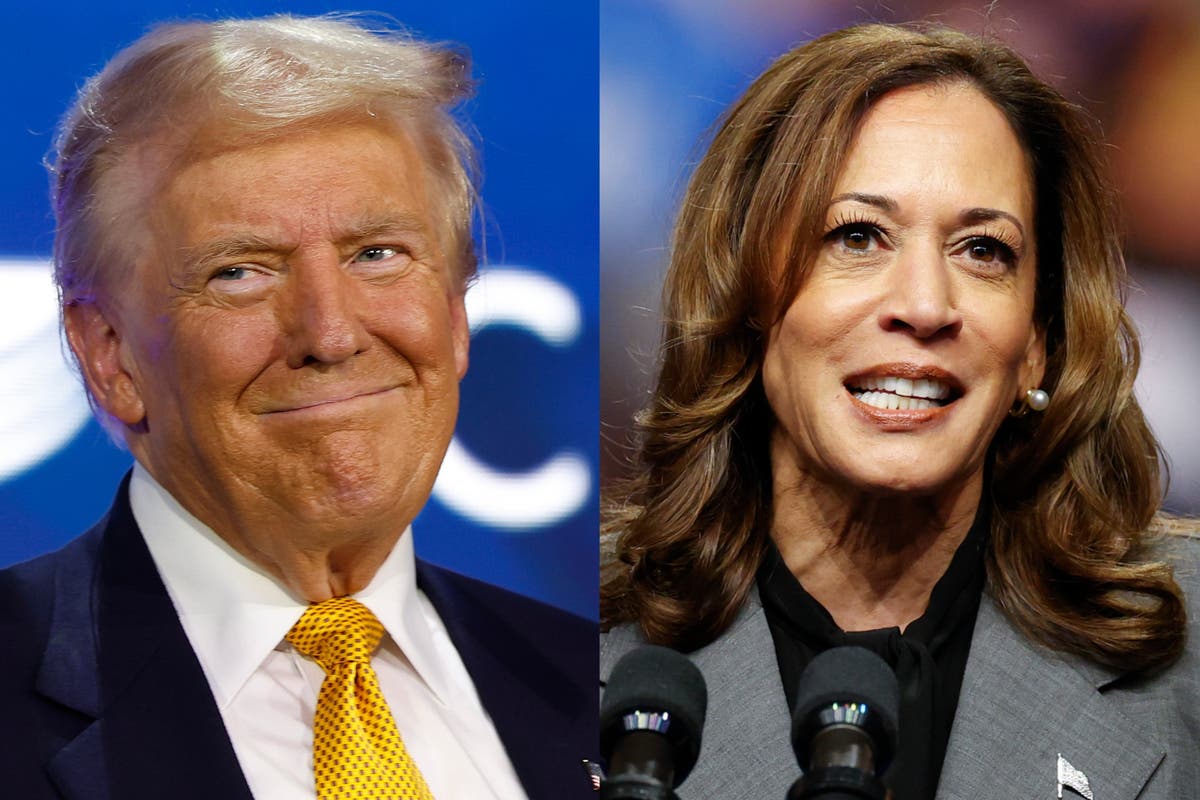Trump Vows to ‘Take Other Countries’ Jobs’ While Campaigning in Georgia
In a bold declaration that has sparked both enthusiasm and skepticism, former President Donald Trump recently vowed to “take other countries’ jobs” during a campaign rally in Savannah, Georgia. This statement, made as part of his ongoing bid for the presidency in the upcoming November election, underscores his commitment to an economic strategy that prioritizes American workers and businesses. As the race tightens against Vice President Kamala Harris, Trump’s remarks reflect a familiar theme from his previous campaigns: a promise to revitalize American manufacturing and reduce reliance on foreign labor.
A Return to America First Policies
Trump’s rally in Georgia was a key stop in a week filled with events in swing states, where he reiterated his “America First” agenda. He proposed a series of tariff hikes and tax incentives aimed at encouraging foreign companies to relocate their production facilities to the United States. “We will bring back jobs that have been lost to other countries,” Trump proclaimed, emphasizing his belief that such measures would not only create jobs but also bolster the American economy.
This approach is reminiscent of his presidency, during which he implemented tariffs on steel and aluminum imports, arguing that it would protect American jobs. Critics, however, have pointed out that such policies can lead to trade wars and increased costs for consumers. Nonetheless, Trump remains steadfast in his belief that prioritizing American jobs is essential for the nation’s economic recovery.
The Economic Landscape
As Trump campaigns, the economic landscape is a critical issue for voters. Recent polls indicate a tight race between Trump and Harris, with varying results across different surveys. A CNN poll shows them nearly tied, while a Quinnipiac University poll gives Trump a slight edge. Amid this competitive environment, economic issues are at the forefront of voters’ minds, particularly in states like Georgia, where manufacturing jobs have been a significant part of the local economy.
Trump’s promise to take jobs from other countries resonates with many working-class voters who feel left behind by globalization. His supporters argue that his policies could lead to a resurgence in manufacturing jobs, particularly in industries like textiles and automotive, which have seen significant offshoring in recent decades.
The Response from Opponents
While Trump’s supporters rally behind his economic vision, opponents have raised concerns about the feasibility and implications of his proposals. Critics argue that simply imposing tariffs and offering tax incentives may not be enough to reverse the trend of globalization that has reshaped the American economy. They point to the complexities of international trade agreements and the potential backlash from other countries that could retaliate against U.S. exports.
Harris, for her part, has focused on a different approach to economic recovery, emphasizing investments in clean energy and technology as pathways to job creation. In a recent interview, she expressed her commitment to ensuring that the U.S. remains competitive in the global market, a stance that contrasts sharply with Trump’s more isolationist policies.
The Broader Implications
Trump’s rally in Georgia and his vow to take jobs from other countries are not just about economic policy; they also tap into deeper sentiments about national identity and the future of American labor. For many voters, the idea of reclaiming jobs from abroad is intertwined with a sense of pride in American manufacturing and a desire for economic independence.
As the election approaches, both candidates will need to articulate clear and compelling visions for the future of the American economy. With the stakes higher than ever, the debate over jobs, trade, and economic policy will likely dominate the discourse in the coming weeks.
Conclusion
Donald Trump’s vow to take jobs from other countries is a rallying cry for many of his supporters who yearn for a return to a manufacturing-driven economy. As he campaigns in Georgia and beyond, his message resonates with those who feel the impact of globalization on their livelihoods. However, as the election draws near, the challenge for both Trump and Harris will be to present viable solutions that address the complexities of the modern economy while appealing to the diverse needs of American voters. The outcome of this election may hinge on how effectively each candidate can navigate these critical issues and connect with the electorate’s aspirations for a prosperous future.
